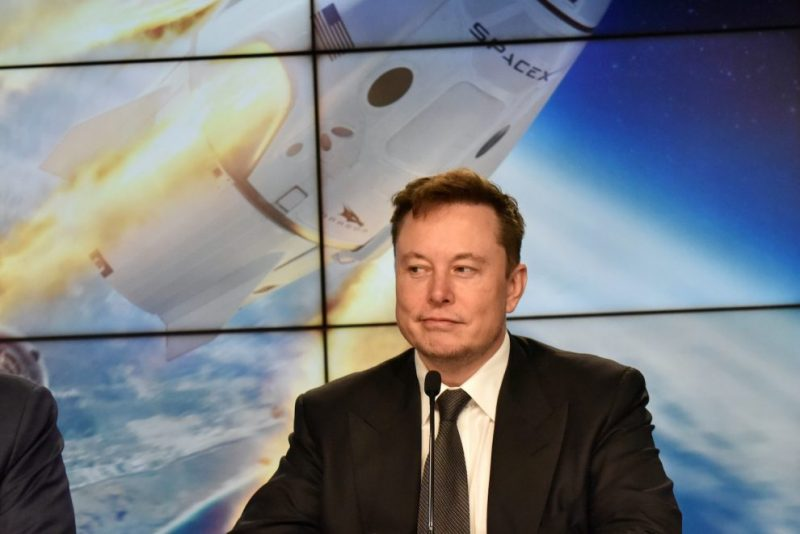
The strategic territory of the Taiwan Strait has become increasingly complex, with the recent call from a US Congressman to Elon Musk adding another layer of intrigue. In a move highlighting the evolving role of private actors in national security, Rep. Mike Gallagher (R-Wis.) has urged Musk to extend access to SpaceX’s Starlink satellite network to US defense forces stationed in Taiwan. This request comes against heightened tensions between the United States and China, with the latter asserting its territorial claim over the self-governed island and the former upholding its commitment to Taiwan’s defense.
Starlink’s strategic significance
SpaceX’s Starlink constellation, a network of thousands of low-Earth orbit satellites, has become a critical tool for secure and reliable communication in conflict zones. During the ongoing war in Ukraine, Starlink has proven invaluable in enabling Ukrainian forces to maintain crucial communication channels and access vital internet and military data networks. This success story has fueled speculation about the potential role Starlink could play in the Taiwan Strait, where a reliable communication infrastructure is becoming increasingly essential for US and ally defense operations.
Contractual obligations and ethical dilemmas
Rep. Gallagher, in a letter to Musk, reportedly cited potential violations of SpaceX’s contractual agreements with the US Department of Defense if the company withholds services from Taiwan. These agreements might obligate SpaceX to provide services to US military personnel in specific situations, raising questions about potential contract breaches if the company denies access to Starlink in Taiwan. However, Musk is known for his complex relationship with China. If the United States government forces his hand, Musk may face a difficult decision due to his business interests in the country. Extending Starlink services to Taiwan could be perceived by China as a hostile act, potentially jeopardizing his other business ventures in the region.
Navigating a geopolitical minefield
Expert perspectives and potential outcomes
Military analysts have expressed diverse opinions on the potential implications of Starlink access in Taiwan. Some believe it would significantly enhance US communication capabilities in the region, potentially deterring Chinese aggression. Others raise concerns about escalation risks and advocate for alternative solutions not reliant on private companies.
The ultimate outcome hinges on Musk’s decision. If he agrees to Rep. Gallagher’s request, it could set a precedent for future US-Taiwan defense cooperation and potentially escalate tensions with China. However, if he denies access, it could raise questions about SpaceX’s commitment to upholding its contractual obligations and its role in supporting US national security interests.
The potential deployment of Starlink in the Taiwan Strait transcends a simple binary choice. It is a complex issue intricately interwoven with economic considerations, geopolitical tensions, and evolving security landscapes. As the situation unfolds, it remains to be seen how this private-sector technology will shape the future of US-Taiwan defense cooperation and the broader dynamics in the Indo-Pacific region.
